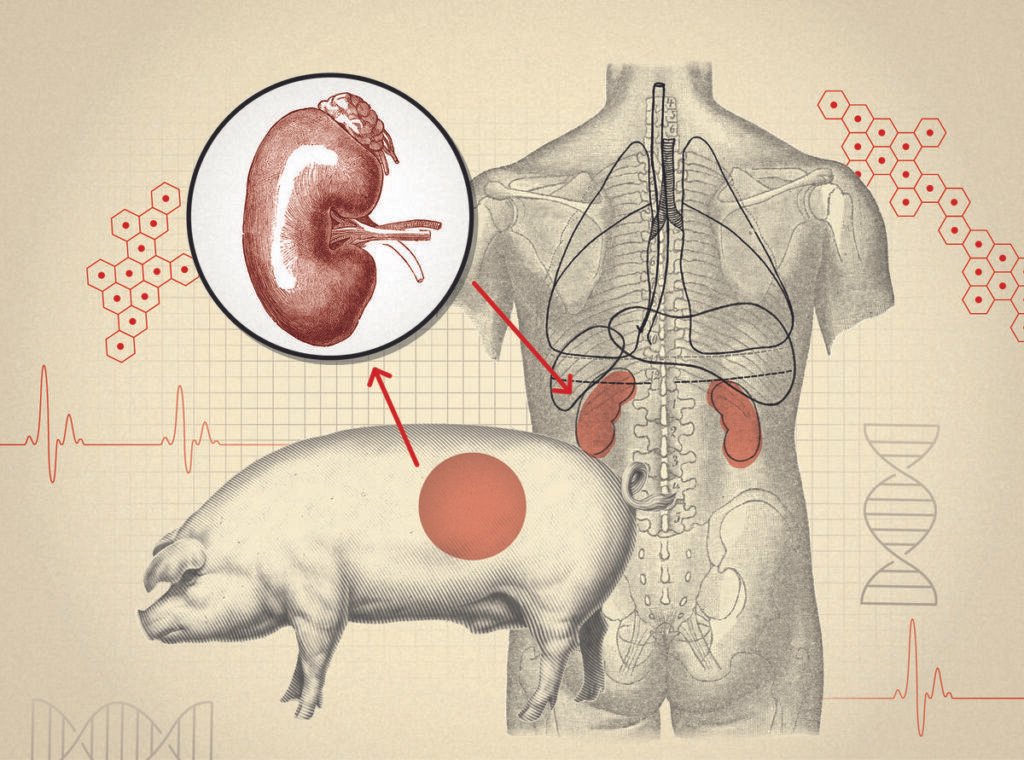In what represents a remarkable milestone in medical science and a ray of hope for countless patients worldwide, the world’s first pig-to-human kidney transplant, also known as a pig transplant, has been successfully performed in the United States. This revolutionary surgery has been accomplished amid a myriad of challenges and uncertainties, thereby opening a new chapter in transplantation.
The medical fraternity has forever faced daunting obstacles when it comes to human transplantation, which is complicated due to the limited number of available organs and the multitude of patients on waiting lists, particularly those awaiting kidneys. Dialysis, although life-saving, is a taxing physical and emotional journey for patients. This pioneering pig transplant presents a promising alternative to human kidney transplants and stands as a testament to the tireless efforts of healthcare professionals in their quest for viable solutions.

For patients ineligible for a human kidney transplant, or those in need but unable to secure a kidney due to acute scarcity, xenotransplantation (transplantation from animals to humans) emerges as an unexpected yet potentially life-saving option. The team of trailblazing doctors responsible for the pig transplant ambitiously envisions this procedure as the future of permanent treatments or perhaps a transitional solution until a human organ becomes available.
Human Kidney Transplant
Despite the extreme complexity involved in this type of surgery and the advanced vascular disease inherent to the patient, the procedure was exceptionally successful. Mirroring the exact size of a human kidney, the pig kidney was transplanted into the patient and functioned immediately. The sight of the kidney turning pink and beginning to produce urine upon restoration of blood flow was a monumental victory that elicited cheers of joy from the operating room.

It’s essential to highlight that this accomplishment is a product of a meticulously edited pig organ. Scientists performed a whopping 69 edits to the porcine genome to create a kidney that can avoid hyperacute rejection, provide long-term graft survival, and improve the safety of the organ inside a patient. These intricate edits played an instrumental role in the seamless transplantation performed.
In the whirlwind of medical firsts, this recent pig transplant stands as a “win” not only for the patient and the doctors involved but for all of humanity. It paves the way for further research, pharmaceutical advances, and potentially even a new dawn in organ transplantation. Although the concept of human kidney transplants will not fade, this new era of pig transplants introduces never-before-seen potential for the evolution of medicine.
Read More:- House of Lords Reject Sunak’s Rwanda Bill
While the road ahead is still paved with countless unknowns and challenges, the positive outcome of this world-first pig transplant is a promise of innovation and an affirmation of science’s ceaseless ambition to improve human lives.
Do you like anime? Head on to Pop Media Pulse
